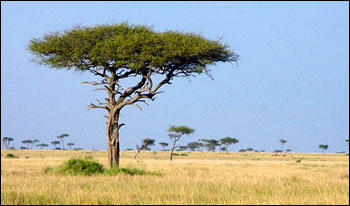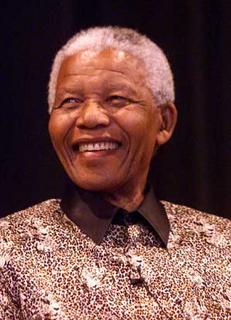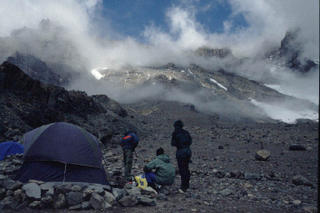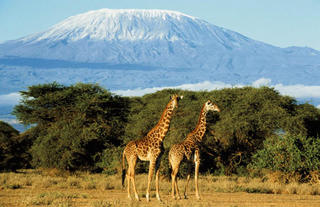 "You cannot describe a wild lion's roar. You can only say that you listened and the lion roared. It is not at all like the noise the lion makes at the start of MGM pictures. When you hear it you first feel it in your toes and it runs all the way up through your body."
"You cannot describe a wild lion's roar. You can only say that you listened and the lion roared. It is not at all like the noise the lion makes at the start of MGM pictures. When you hear it you first feel it in your toes and it runs all the way up through your body." -
Ernest Hemingway, in
True At First LightJust imagine lying in the dark in your tent listening to the sounds of the wild things in the night. You hear a lion's great roar in the distance, but it is so powerful you can't be sure how close it really is. The roar could mean that he's just made a kill, or perhaps he's saying something to the other lions. Either way there are no fences here and you are now in lion territory. I can think of few things more exciting.
While on safari there is no telling what incredible animals you will encounter. However, i have a good feeling that the experience of sharing their space will never leave you. Tanzania is known for being among the leaders in African conservation efforts and is lucky enough to possess arguably the best game parks in the world. When you think of the "African plain", with acacia trees beautifully spread over tall yellow grasses, what you are thinking of is Tanzania. This is quintessential Africa.
I'm just excited to have the opportunity to explore the Serengeti National Park and see these incredible animals. If i had more time i'd love to go on a "walking safari", which is pretty self-explanatory. You don't see as much game on foot and it is certainly more dangerous (usually requires that you hire gun bearers), but infinitely exciting. Instead, to maximize my time i'll travel via land rover to cover large areas of land and spy many more animals. If you asked what i am most excited to see, i'd probably say "anything!". How often do you get the chance to see zebras, lions, elephants, hyenas, hippos, or giraffes in their natural environment?!?
Truth is i am most looking forward to seeing elephants. These creatures are fascinating. Scientists have recently discovered that they communicate by trumpeting (nothing new there) but they can actually hear each other MILES away
through their feet!!! They also are very social animals with sophisticated social structures. Elephants even display emotions, having been known to "mourn" the death of a pack member years later and express joy at being reunited with one another.
One story i love comes from an elephant researcher who lost her flip-flop shoe in the bush. As she walked shoeless back to her vehicle a nearby elephant
threw the lost shoe to her. The elephant appeared to be acting playful, so she threw the shoe back to see what would happen. Sure enough the elephant picked up the shoe and tossed it back! This went on for a good
twenty minutes. Though we've seen elephants perform in the circus, remember, this is a
wild animal! Elephants are also known to be very protective of their young and a mother won't think twice about trampling any human to death who gets too close. So yea, i will have to remember to be careful out there in the bush!









